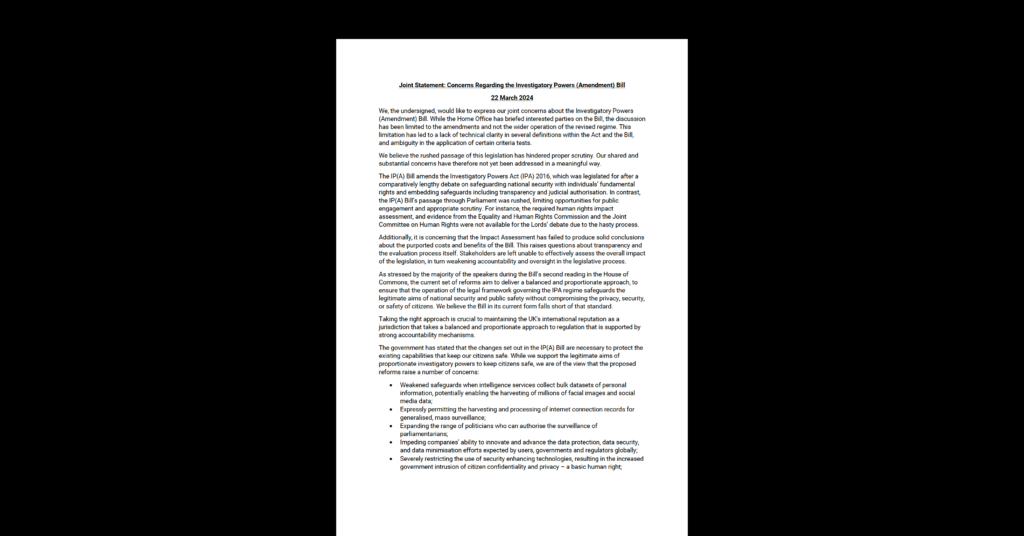European Policy, Open Internet
A Mixed Review for Europe’s Digital Single Market Strategy
Today, the European Commission published its much-anticipated Digital Single Market (DSM) Strategy. The result is a mixed bag of good and bad ideas.
When President Juncker took over leadership of the EU’s executive arm in November 2014, he identified the creation of a digital single market in Europe as a major opportunity to create the new jobs and growth the Union so desperately needs. Today’s announcement is the Commission’s first step towards delivering on this objective.
The most controversial and problematic elements of the strategy focus on enhanced obligations that websites and other Internet intermediaries should have for dealing with unlawful third-party content and what regulations should apply to a subset of those intermediaries deemed “internet platforms.”
Imposing new obligations on intermediaries to proactively monitor, filter, or police for illegal content could have serious consequences for innovation online.
In its DSM strategy, the Commission seeks to renew a debate on giving intermediaries enhanced responsibilities for dealing with illegal content, such as child pornography, terrorist materials, and content that infringes upon intellectual property rights. The Commission refers to such responsibilities broadly as an internet intermediary’s “duty of care.”
Previous draft documents circulated during the past weeks also included the “duty of care” concept. CDT, together with NGOs and industry groups, recently sent a letter to the Commission urging caution on this matter. As CDT has argued many times, limited liability for intermediaries has been a fundamental reason for the success of the internet as a platform for innovation, commerce, free expression, and debate. Imposing new obligations on intermediaries to proactively monitor, filter, or police for illegal content could have serious consequences for innovation online.
To be sure, concerns about content that incites violence, promotes child pornography, or infringes copyright on a commercial scale, are legitimate. However, European legislation already defines the obligations of intermediaries with respect to that content. No convincing case has been made to impose new obligations on websites and services that would hamper the ability of Europeans to access, create, and critique internet content.
Rather than seeking to curtail successful non-indigenous online services, Europe’s policy makers should seek to enhance the conditions for entrepreneurs to launch and scale businesses across the EU.
The same may be said for the strategy’s suggestions regarding a subset of internet intermediaries deemed “internet platforms,” although it was more or less a given that the DSM strategy was going to include some form of scrutiny of these intermediaries. Last year, just after the new Commission took office, the French and German governments made clear in no uncertain terms that they expected the Commission to take steps to restrain “essential platforms” (a term that may not be easy to define), and impose new regulatory obligations for access and unbundling similar to those that apply to telecommunications infrastructures.
Europeans have enthusiastically embraced the internet for commerce, search, social networking as well as for political expression and debate. But there are not many European brands among the household names of successful and innovative companies, leading many in Europe to ask why. Many commentators have pointed out that rather than seeking to curtail successful non-indigenous online services, Europe’s policy makers should seek to enhance the conditions for entrepreneurs to launch and scale businesses across the EU.
These concerns aside, the DSM strategy has a number of sensible and useful proposals on enabling free flow of data within the EU, reforming parts of Europe’s fragmented copyright system, and finding a more efficient way to allocate and use radio spectrum. The Commission is right to identify and focus on some important regulatory and territorial barriers that fragment Europe’s Single Market. These barriers impede European consumers, innovators, and entrepreneurs from taking full advantage of the opportunities the internet makes possible.
As the EU institutions develop the initiatives announced in the DSM strategy, CDT will continue to advocate for improvements that will promote a free and open internet for Europeans, and nurture a competitive European digital economy.


